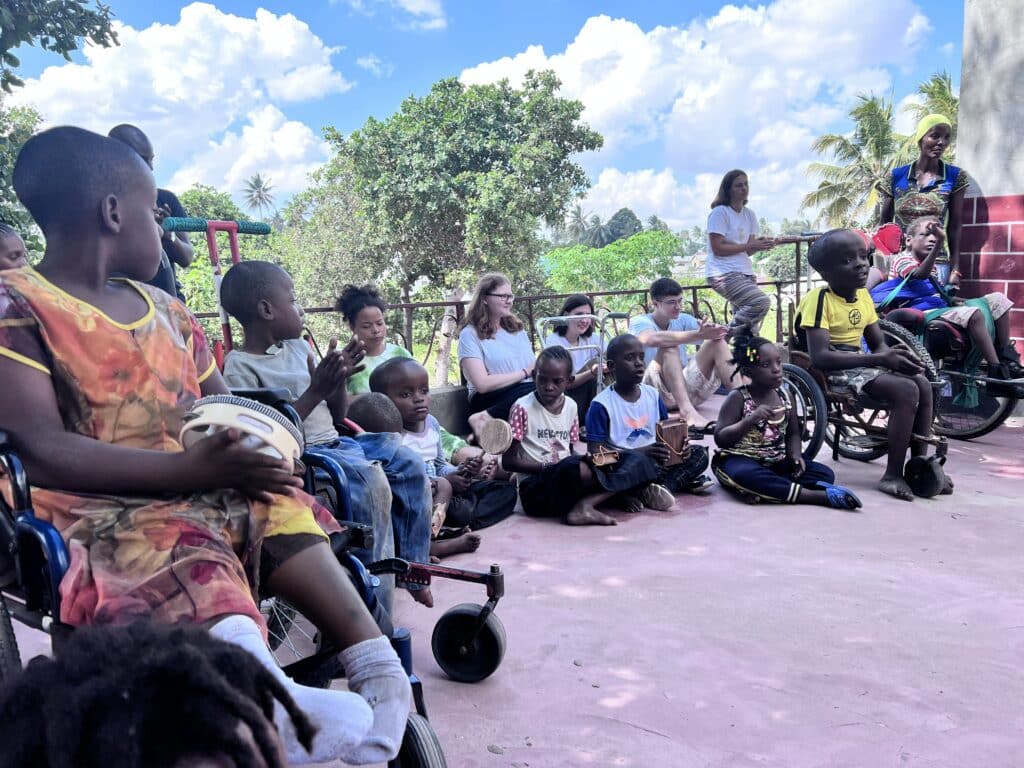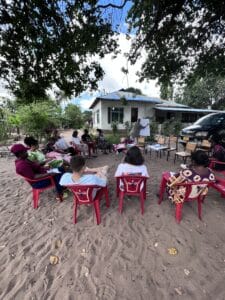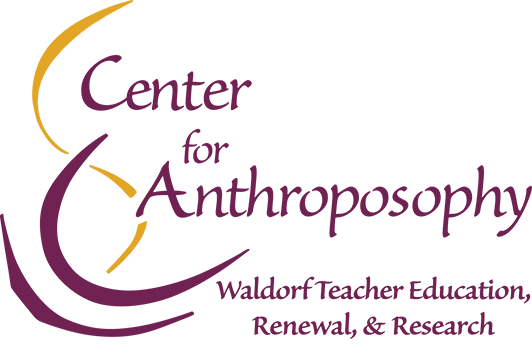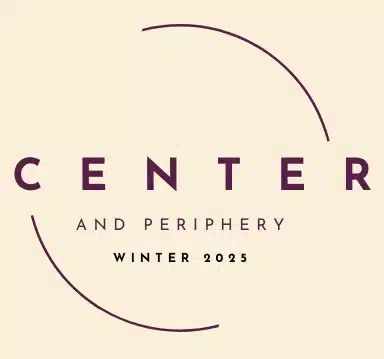Autumn 2023
By Carla Beebe Comey

I met Janet Manoni from Tanzania at the World Teacher’s Conference in Dornach, Switzerland, in April of 2023, seemingly by chance. (She arrived at the last moment for a discussion group and the only remaining empty seat was next to me.) And yet, after only a few conversations, we knew in our hearts that this was more than a chance encounter. Despite my lack of knowledge of Tanzanian culture, we soon found common ground in the “whys” behind the “whats” of the Waldorf curriculum. We both had the feeling that we had been led to meet and to begin working together.
Janet described how in 1999 her former mother-in-law had founded the East African Steiner Waldorf Teacher Training, currently held in Nairobi, Kenya. From 2005 to 2017, Janet’s children attended The Hekima Waldorf School in Dar es Salaam. She is also on the planning committee for The All Africa Anthroposophic Training and Director of Programs for Child-Help International. Her long association with anthroposophy and Waldorf education, along with her advocacy for children with disabilities, led her to found Mwanangu Special Waldorf School in 2017, as part of Mwadeta Development Tanzania.
In just a few short years since the school’s founding, funds have been secured to build classrooms, dormitories, care and rehabilitation facilities, and to cultivate a biodynamic farm. Recently, Janet stepped into the role of kindergarten teacher, and she is now attending the East African Waldorf Kindergarten Teacher Training.
The Mwanangu school on the outskirts of Dar es Salaam currently serves 60 children: 30 with disabilities who live onsite and 30 without disabilities who come from the local community. There are three kindergartens for children 0 – 6 years old as well as grades 1, 2, and 3. The full integration into the classrooms and community of children with disabilities, who have been marginalized, stigmatized, and severely underserved, is highly unique in Tanzania, and perhaps even in the wider world. Overcoming stereotypes and fear has been a central mission of the school, and recently, ten children without disabilities were transferred into grade three, bringing that class to 13 children.

The teachers of the school are the only professionals, and so the community engages a variety of volunteers to fill other crucial roles. Six young volunteers are currently spending from a few months to a full year at the school through Freunde Waldorf, which offers students from Germany placement for a year of service before they enter university.
Volunteer parents receive training in rehabilitation and how to conduct special toileting procedures for children with spina bifida. They also oversee the dormitories and cook daily meals for the school community. Local people are invited to harvest from the farm and purchase the produce at wholesale costs either for their families or for resale.
My interest in the school was deepened through further conversations with Janet that continued well beyond our meeting in Switzerland, and eventually, she extended an invitation for me to visit. As Director of Teacher Education at Antioch University New England, I was asked to offer workshops on Waldorf education, since most faculty are new to the school and have not received Waldorf training. Sending them all to the training in Nairobi would be cost prohibitive, and in any case, the school serves a unique combination of children, so the hope is that on-the-ground training can be organized for them. Although I knew that support for the school could be garnered from a variety of sources, I opted to self-fund this first trip. It was important for me to experience the school and the community, and to have deeper exploratory conversations with Janet as to how we could work together, and what training for the teachers might entail.


I arrived in Dar es Salaam on Friday, September 8, and was given a tour of the six-acre campus. It is truly impressive what has been accomplished in just a few short years! During the following week, I met with each of the teachers to discuss their curriculum and share a few ideas on how to transform teaching into “Waldorf” teaching. I gave workshops touching upon the founding of the first Waldorf school, three phases of childhood, the role of the will in early childhood, the role of feeling in the grades, what a “main lesson” is, discipline and self-discipline versus punishment, the daily timetable, and an overview of the curriculum from early childhood to grade three. We did eurythmy together, and I offered early childhood teachers some movement/eurythmy circle exercises, which one of the third graders spontaneously joined! Janet and I also had discussions about Waldorf school governance. Throughout, I was honored to be so welcomed, and impressed with their thoughtful questions, warm hearts, and genuine interest.
Janet and I wrapped up our work for the week by outlining some projects for the future, and then her family took me on a one-day safari so I could experience some of the wonders of their beautiful country. I left after ten days with a heart full of hope for the future and gratitude for what is being accomplished for these children.
Feel free to contact me for more information about this thriving venture: ccomey@antioch.edu

